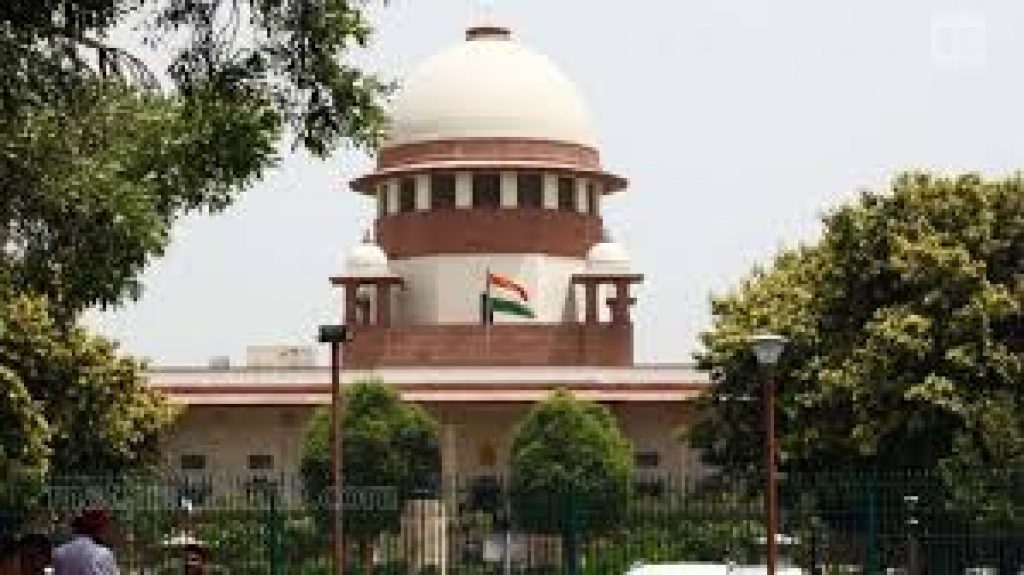Public places cannot be occupied indefinitely

The Supreme Court has found the indefinite “occupation” of a public road by the Shaheen Bagh protestors unacceptable.
Daily Current Affairs Quiz 2020
Key-Points
The verdict came on a plea against the Anti-Citizenship Amendment Act protests which had led to blocking of a road in Shaheen Bagh in the national capital last December.
It said that public places cannot be occupied indefinitely like during the Shaheen Bagh protests.
The judgment upheld the right to peaceful protest against a law but made it unequivocally clear that public ways and public spaces cannot be occupied, and that too indefinitely.
In a democracy, the rights of free speech and peaceful protest were indeed “treasured”. They were to be encouraged and respected, the court said.
But these rights were also subject to reasonable restrictions imposed in the interest of sovereignty, integrity and public order. Police regulations also weighed in.
Fundamental rights do not live in isolation. The right of the protester has to be balanced with the right of the commuter. They have to co-exist in mutual respect.
The bench also said that Delhi Police ought to have taken action to clear Shaheen Bagh area from the protesters. It was entirely the responsibility of the administration to prevent encroachments in public spaces.